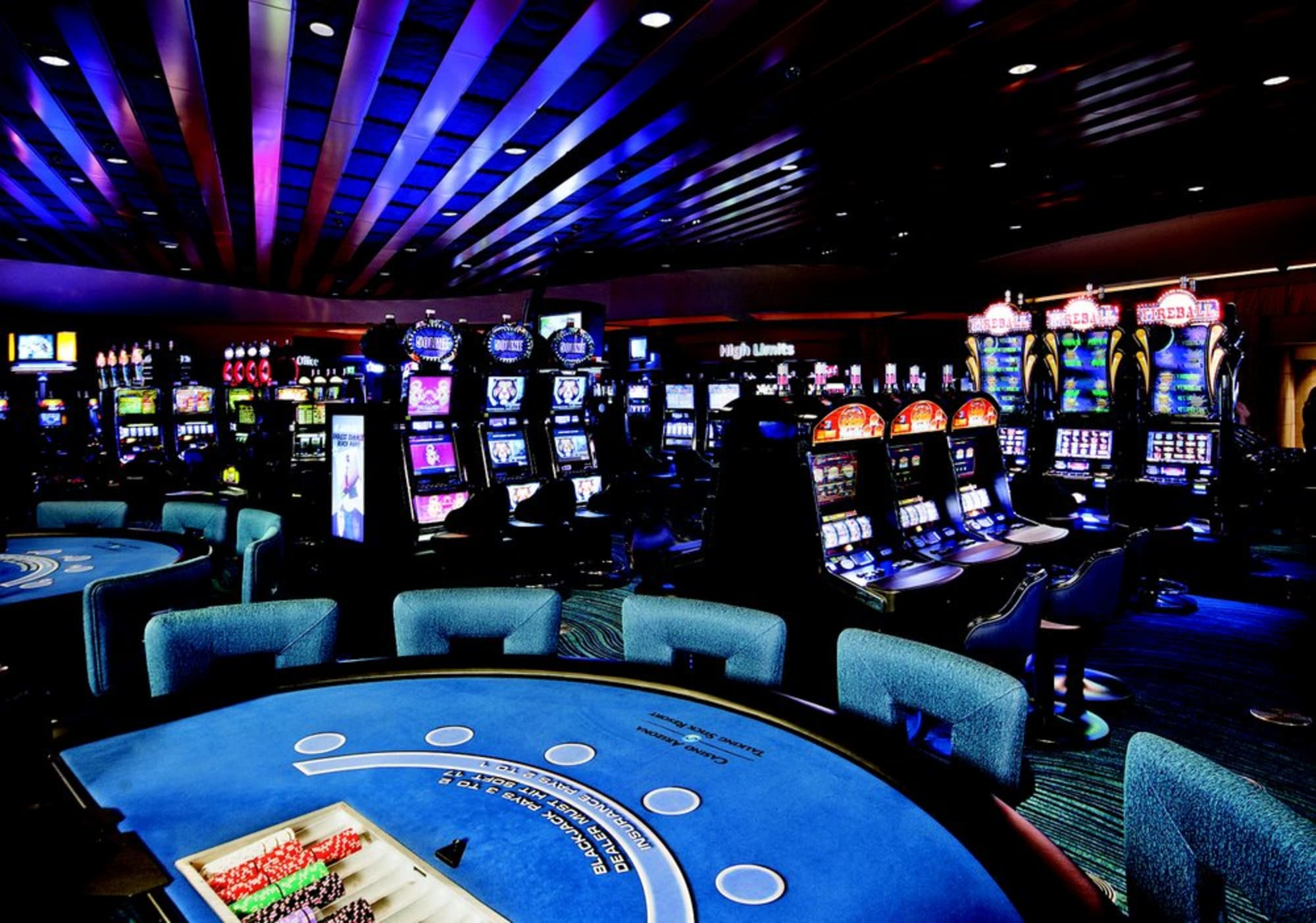
Casino activities have long been associated with the excitement of risk and the excitement of luck. Many individuals walk into a casino with the expectation that their success depends solely on luck. However, a deeper exploration reveals that these games encompass much more than just the factor of luck. Understanding the rules, strategies, and human mindset behind casino games can greatly enhance the satisfaction and improve one’s chances of victory.
On the other side of the alluring sounds of revolving wheels and rolling dice, casino games involve a rich tapestry of expertise, strategy, and choices. Whether you are participating in blackjack, poker, or even baccarat, knowing the methods can significantly influence the conclusion of the game. Moreover, the psychology of the players and understanding the probabilities behind each game can shift the equilibrium of success away from mere luck. By understanding these layers, players can appreciate casino games as a mixture of enjoyment and cognitive challenge, transforming their viewpoint from one of idleness to one of involvement.
The Psychology of Gambler’s Behavior
Understanding the psychology of gambling demonstrates that player behavior is motivated by far more than mere chance. The thrill of taking risks, immediate reward, and a potential for winning large sums can create a powerful emotional experience. Many players become captivated by the excitement, which can lead to a cycle of heightened betting and gambling, often fueled by a hopeful hopefulness that colors their perceptions of winning probabilities.
Another key element in the mindset of casino games is the illusion of control. Numerous players think that their choices, such as the choice of games or wagering strategies, can significantly affect the outcome. Such a belief can enhance their engagement and enjoyment, but it also adds to persistent gambling behavior, as players often ignore the role of randomness within the games. The thrill derived from making choices gives players a sense of involvement, which can be misleading in terms of grasping the true odds involved.
Additionally, the environment of the casino plays a crucial role in shaping a gambler’s experience. Factors like illumination, sounds, and the presence of other players create a stimulating atmosphere that enhances the thrill of the game. This thoughtfully crafted environment can lead individuals to lose track of time and money spent, as they become enveloped in a sensory experience that heightens their affective investment. Identifying these psychological dynamics is essential for understanding why casino games entice players and keep them coming back for more. Goal123
Expertise vs. Chance in Casino Games
In the field of casino games, the discussion between skill and luck is a notable one. Numerous players think that fortune is the predominant factor, especially in activities like slots where results are random. However, there are games that clearly showcase the importance of skill, such as Texas Hold’em and 21, where players can employ tactics and decisions that influence their overall performance. Understanding the mechanics and intricacies of each game can greatly alter a player’s performance and success.
The importance of skill becomes apparent when considering the various strategies accessible to players. In games like poker, for example, players must analyze their rivals, assess probabilities, and make educated choices based on their hand and the shared cards. This level of strategy demonstrates how proficient players can consistently surpass novices, proving that success is not solely based on chance but rather on the use of knowledge and experience. Similarly, in blackjack, players can use strategies like card counting to gain an advantage over the casino, further illustrating the importance of skill.
On the flip side, chance cannot be completely overlooked in any casino game. While skill can enhance a player’s odds of success, unpredictable outcomes still play a significant role. Even the most effective strategies can break down due to the random character of card draws or spins. This interaction between skill and luck creates a dynamic gaming environment where players must adjust and react to unpredictable events while also leveraging their skills. Ultimately, effective casino gaming is a blend of both factors, contributing to the complexity and excitement of the gameplay.
Strategies for Winning
To succeed in gaming, players must understand the importance of creating a system customized to the particular title they are participating in. Each title has its specific set of regulations, probabilities, and intricacies that demand a considerate method. For example, in titles like blackjack, players can utilize techniques such as statistical tracking to make more informed decisions and boost their potential of winning. Understanding the odds and returns associated with every title can enable players to make wiser choices and elevate their general play experience.
Bankroll management is a further essential strategy that cannot be overlooked. Players should set a financial limit for their gaming sessions and commit to it. This promises that they do not overspend and helps maintain a degree of oversight over their gambling habits. Determining in advance the amount to wager and when to walk away can prevent emotional decisions that often lead to big losses. Prudent bankroll management allows players to enjoy gaming without the anxiety of losing more than they can afford.
Finally, gaining insights from play and watching other players can provide valuable perspectives. Many successful players spend time reviewing not only their self-play but also that of their peers. This analysis can reveal different strategies and approaches, ultimately leading to better judgments. Engaging in self-reflection after gaming sessions helps players pinpoint what was effective and what was ineffective, permitting them to adjust their strategies over time. By merging understanding, self-control, and awareness, players can boost their chances of success in gambling.